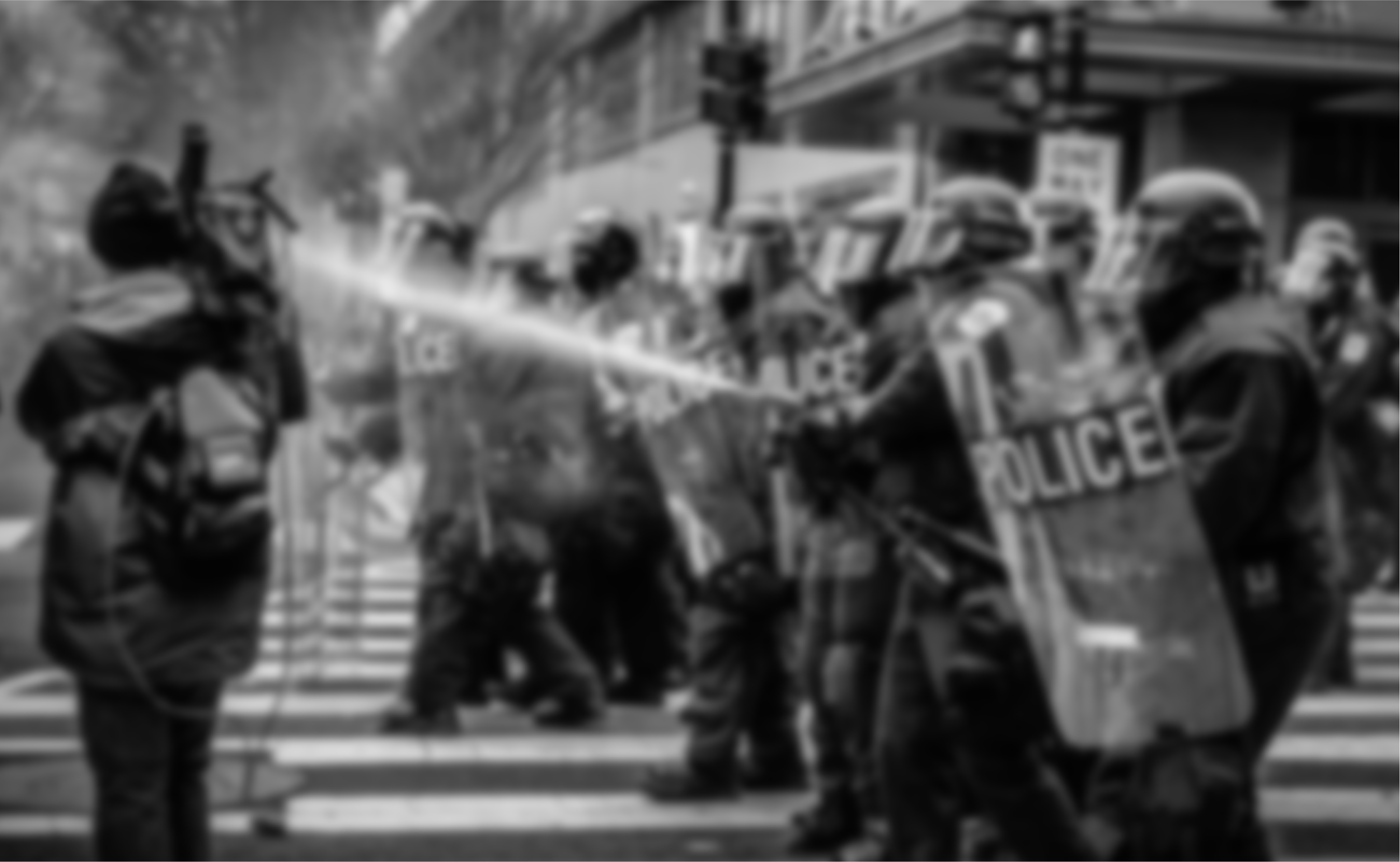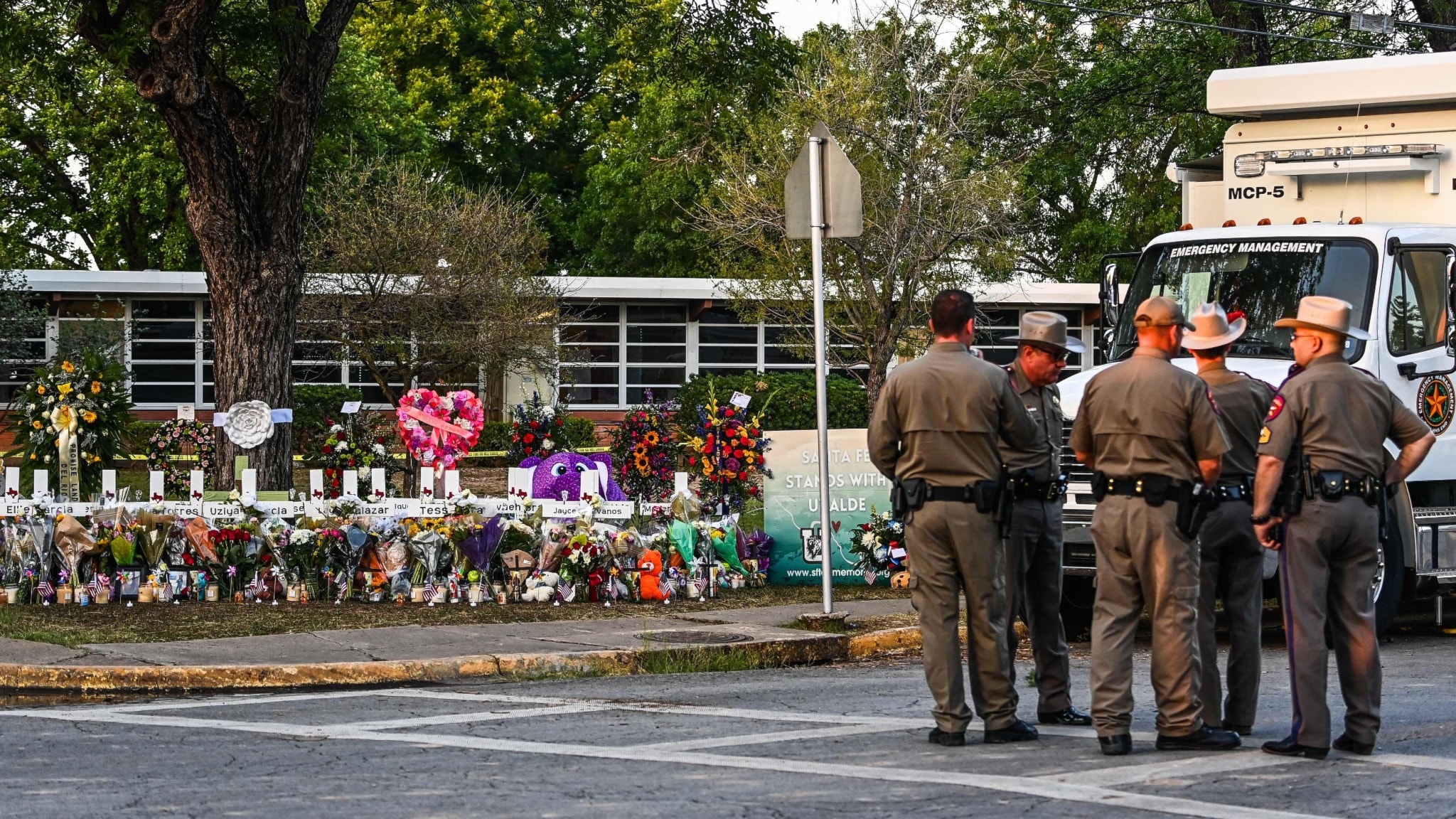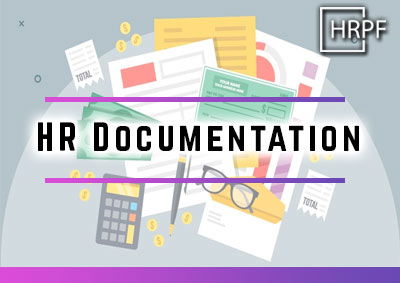Police Accountability Review Faces Criticism From Campaigners

Table of Contents
Insufficient Power and Scope of the Review
The Police Accountability Review's efficacy is severely hampered by its limited power and narrow focus. Campaigners argue that without significant improvements, it falls short of delivering meaningful change to policing practices.
Limited Investigative Powers
The review's lack of robust investigative powers is a major point of contention. Crucially, it lacks the authority to compel witness testimony or access crucial evidence, significantly hindering its ability to fully investigate allegations of misconduct. This weakness undermines the entire process.
- Campaigners argue the review is toothless without subpoena power. The inability to force individuals to testify or produce documents severely restricts the investigation's reach and potential for uncovering the truth.
- Lack of access to internal police communications limits the scope of investigations. Without access to internal memos, emails, and other communications, investigators are blind to potential cover-ups and systemic biases.
- Concerns over potential for cover-ups due to limited investigative reach. The limited scope increases the likelihood that misconduct will go unpunished, further eroding public trust in law enforcement.
Narrow Focus on Individual Cases
Critics contend that the review focuses too narrowly on individual incidents of misconduct, neglecting to address the systemic issues that contribute to these incidents. This myopic approach fails to tackle the root causes of police brutality and misconduct.
- Demand for a broader examination of police training and recruitment practices. A comprehensive review must examine the training protocols, selection criteria, and ongoing professional development opportunities for police officers.
- Need for analysis of racial disparities in policing outcomes. Data analysis is crucial to identify and address systemic racism and bias within police departments. This requires a more comprehensive and nuanced investigation.
- Calls for independent oversight bodies with greater power. Independent bodies, free from police influence, are needed to conduct thorough investigations and hold officers accountable for their actions.
Lack of Transparency and Public Engagement
The lack of transparency and meaningful public engagement surrounding the Police Accountability Review further fuels criticism. Campaigners argue that without open access and community involvement, the review's impact will be severely limited.
Limited Public Access to Findings
Concerns exist regarding the restricted public access to the review's findings and recommendations. This lack of transparency undermines the review's potential for meaningful reform and breeds suspicion.
- Campaigners demand full transparency and publication of all investigation reports. The public has a right to know the findings of investigations and the rationale behind the recommendations.
- Lack of public hearings or consultations limits community involvement. The absence of opportunities for public input prevents communities from actively participating in the reform process.
- Concerns that recommendations may not be implemented without public scrutiny. Without public pressure, there's a significant risk that crucial recommendations will be ignored.
Insufficient Representation of Marginalized Communities
The review process has been criticized for failing to adequately represent the voices and concerns of marginalized communities disproportionately affected by police misconduct. This omission undermines the legitimacy and effectiveness of the entire process.
- Calls for increased participation from minority groups in the review process. Meaningful representation from affected communities ensures their concerns are heard and addressed.
- Concerns that the recommendations may not address the specific needs of vulnerable populations. Without diverse perspectives, the recommendations may not effectively tackle the unique challenges faced by marginalized communities.
- Need for culturally competent investigators and community liaisons. Investigators must be equipped with the skills and understanding to effectively engage with diverse communities.
Concerns about Implementation and Enforcement
Even with recommendations, the lack of robust implementation and enforcement mechanisms raises serious doubts about the Police Accountability Review's effectiveness.
Weak Enforcement Mechanisms
The absence of strong enforcement mechanisms to ensure the implementation of the review's recommendations is a significant flaw. Without accountability, the review risks becoming an exercise in futility.
- Concerns that recommendations will be ignored by police departments. Without consequences for non-compliance, police departments may simply disregard the review's findings.
- Need for independent oversight bodies to monitor implementation and enforce compliance. Independent oversight is crucial to ensuring accountability and driving the implementation of recommendations.
- Lack of accountability for non-compliance with the review's findings. Clear consequences for non-compliance are essential to ensure the review's impact.
Inadequate Funding and Resources
Insufficient funding and resources allocated to the Police Accountability Review hinder its ability to conduct thorough investigations and implement effective reforms. This resource scarcity undermines the entire effort.
- Campaigners demand increased government funding for the review. Adequate funding is crucial for conducting comprehensive investigations and implementing meaningful reforms.
- Shortage of qualified investigators and support staff. A lack of skilled personnel limits the review's capacity to conduct thorough and timely investigations.
- Lack of resources for community outreach and engagement programs. Limited resources hinder efforts to build trust and foster collaboration between law enforcement and the communities they serve.
Conclusion
The Police Accountability Review, while a step towards improving police accountability, is facing significant criticism. Its limited scope, lack of transparency, weak enforcement mechanisms, and inadequate resources undermine its potential for meaningful reform. Addressing these shortcomings is crucial to fostering trust and achieving lasting improvements in law enforcement. A strengthened, truly independent Police Accountability Review, with enhanced investigative powers, greater public engagement, and sufficient resources, is essential to achieving meaningful and lasting police reform. Demand better accountability — advocate for a more robust Police Accountability Review.

Featured Posts
-
 Helena Och Iva Deras Kamp Mot Raedslan Efter Skolskjutningen
Apr 30, 2025
Helena Och Iva Deras Kamp Mot Raedslan Efter Skolskjutningen
Apr 30, 2025 -
 Land A Private Credit Job 5 Key Dos And Don Ts To Follow
Apr 30, 2025
Land A Private Credit Job 5 Key Dos And Don Ts To Follow
Apr 30, 2025 -
 Bet Mgm 150 Bonus Use Code Rotobg 150 For Nba Playoffs
Apr 30, 2025
Bet Mgm 150 Bonus Use Code Rotobg 150 For Nba Playoffs
Apr 30, 2025 -
 Trampa Sravnili So Zlobnym Samovlyublennym Sliznyakom V Kanade Podrobnosti Ot Unian
Apr 30, 2025
Trampa Sravnili So Zlobnym Samovlyublennym Sliznyakom V Kanade Podrobnosti Ot Unian
Apr 30, 2025 -
 Trumps Comments On Us Canada Interdependence Ahead Of Canadian Vote
Apr 30, 2025
Trumps Comments On Us Canada Interdependence Ahead Of Canadian Vote
Apr 30, 2025
